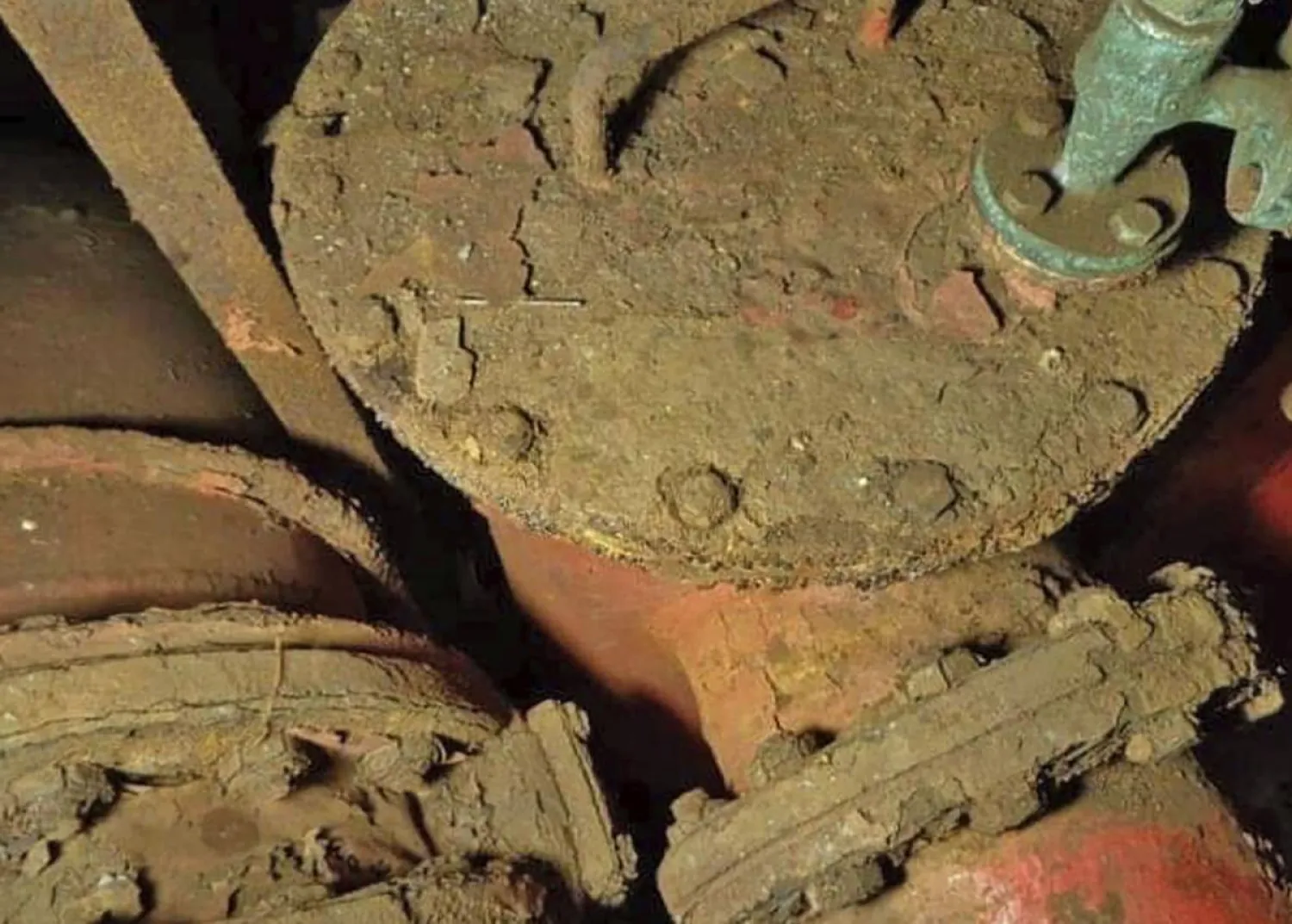Yemeni Information Minister Moammar al-Eryani announced on Sunday the failure of international efforts to convince the Iran-backed Houthi militias in allowing a United Nations technical team to access the eroding Safer oil tanker that has been moored off the coast of Hodeidah for five years.
In remarks to the Yemen news agency Saba, he said all efforts exerted in the past months aimed at containing the threat of an explosion or leak were obstructed by the Houthis.
The Houthis have for years been manipulating this issue in order to achieve political and financial gain, totally heedless of the impending environmental and economic disaster should the tanker explode or its oil cargo leak into the Red Sea, he added.
Eryani urged the international community, especially the UN Security Council, to assume its main responsibilities in preserving international peace and security and act “immediately” to stop this potential disaster that will have repercussions for several years to come.
Separately, Saudi Arabia's General Authority of Meteorology and Environmental Protection announced the launch of a drill aimed at addressing a possible oil leak in the southern Jazan region that overlooks the Red Sea.
Head of the authority Ali al-Ghamdi said the training, which kicks off on Tuesday, will include 112 Saudi experts, who represent 22 parties dedicated to combating oil pollution.
The drill is taking place with the potential oil leak from the Safer tanker in mind.
The vessel, which is carrying a cargo of 1.1 million barrels of oil, has been moored off the coast of Ras Issa, in Hodeidah province, since 2015.
The eroding tanker is in desperate need of repair. Water has already started to leak into its engine room, prompting UN officials to warn of a major impending environmental disaster in the Red Sea, as well as the potential risk of a massive explosion caused by the buildup of gases in the storage tanks.









